The year we improve representation in international coverage
Journalists who are representative of the communities they cover can access the highest-quality sources, discern compelling issues for local audiences, and rebuild trust with disaffected readers. At Global Press, we see the benefits that arise when communities can relate to stories and the reporters who write them. Several studies demonstrate a resemblance between those who work in a newsroom and those quoted in stories. That means that a lack of diversity in newsrooms contributes to the lack of holistic and equitable storytelling about the world. In 2022, outlets that focus on improving representation will build enduring credibility with readers — who in turn are more likely to use coverage they can relate to and take action in their communities.
But improving representation isn’t flipping a switch.
Over the past 15 years, we’ve identified, trained, and hired over 200 women journalists who hail from the communities they cover — across forty news bureaus around the world. It takes time and resources to remove barriers for talented applicants who may not live in an urban center or have a conventional journalism pedigree (one of our star reporters in Mongolia, Odonchimeg Batsukh, is an epidemiologist from Arkhangai Province who produced unrivaled coverage of the Covid-19 pandemic). It also takes sustained investment in safety, security, and wellness to responsibly care for a global corps of locally representative reporters.
Still, the rewards of representation far outweigh the required investments. For example, another Global Press reporter in Mongolia, Khorloo Khukhnokhoi, recently published an investigation into virginity testing in high schools — sparking real change after years of inaction. Before her story, even forceful judgments from respected institutions had left authorities unmoved. For several years, the United Nations would routinely condemn the practice as an “act of violence that degrades teenage girls, causes them psychological trauma and violates their sexual rights,” to little effect.
But Khorloo’s story struck a chord with her community. Her reporting prompted grassroots calls for reform and led, ultimately, to the Mongolian Ministries of Education and Health finally enacting a new regulation disciplining institutions that perform the tests. Khorloo’s ties to her community were essential to producing this powerful story. She tracked down a lead at a school in Erdenet, her hometown, and gained access to sources who trusted her enough to tell her their stories. Her reporting, which was published not just in English for our global audience but in Mongolian to reach the local audience, spurred action precisely because Khorloo is a credible messenger with a finger on the pulse of what matters to her community.
Halfway around the world in the small Mexican town of San Francisco, just north of Puerto Vallarta, another Global Press reporter, Maya Piedra, also published an impactful story in 2021 that leveraged her local familiarity. As tourists and commercial businesses have descended on the tiny coastal town of San Francisco, local fishermen have struggled to compete with commercial outfits. Maya’s piece exposed the damage to marine ecosystems from overfishing and illegal commercial nets that have decimated fish populations. Her story, based on interviews with local fishermen previously hesitant to speak out, has prompted local businesses to band together and market fish caught using sustainable methods, such as traditional handline fishing, under a seal of certification.
Readers have surpassed the age-old argument that the closer one is to a story, the less objectivity they must hold — the industry needs to surpass this as well. When we hire reporters who speak local languages and deeply understand the nuanced perspectives of the communities they cover, sources recognize themselves in stories. And when they recognize themselves in stories, they begin to trust, which is the foundation for concrete community action. This powerful approach is what is so often needed to rebuild trust between media outlets and the communities they cover. The new year brings an exciting opportunity for our industry to invest in increasing representation, helping communities see themselves in media coverage, and making journalism relevant, engaging, and impactful.
Laxmi Parthasarathy is chief operating officer of Global Press Journal.

Journalists who are representative of the communities they cover can access the highest-quality sources, discern compelling issues for local audiences, and rebuild trust with disaffected readers. At Global Press, we see the benefits that arise when communities can relate to stories and the reporters who write them. Several studies demonstrate a resemblance between those who work in a newsroom and those quoted in stories. That means that a lack of diversity in newsrooms contributes to the lack of holistic and equitable storytelling about the world. In 2022, outlets that focus on improving representation will build enduring credibility with readers — who in turn are more likely to use coverage they can relate to and take action in their communities.
But improving representation isn’t flipping a switch.
Over the past 15 years, we’ve identified, trained, and hired over 200 women journalists who hail from the communities they cover — across forty news bureaus around the world. It takes time and resources to remove barriers for talented applicants who may not live in an urban center or have a conventional journalism pedigree (one of our star reporters in Mongolia, Odonchimeg Batsukh, is an epidemiologist from Arkhangai Province who produced unrivaled coverage of the Covid-19 pandemic). It also takes sustained investment in safety, security, and wellness to responsibly care for a global corps of locally representative reporters.
Still, the rewards of representation far outweigh the required investments. For example, another Global Press reporter in Mongolia, Khorloo Khukhnokhoi, recently published an investigation into virginity testing in high schools — sparking real change after years of inaction. Before her story, even forceful judgments from respected institutions had left authorities unmoved. For several years, the United Nations would routinely condemn the practice as an “act of violence that degrades teenage girls, causes them psychological trauma and violates their sexual rights,” to little effect.
But Khorloo’s story struck a chord with her community. Her reporting prompted grassroots calls for reform and led, ultimately, to the Mongolian Ministries of Education and Health finally enacting a new regulation disciplining institutions that perform the tests. Khorloo’s ties to her community were essential to producing this powerful story. She tracked down a lead at a school in Erdenet, her hometown, and gained access to sources who trusted her enough to tell her their stories. Her reporting, which was published not just in English for our global audience but in Mongolian to reach the local audience, spurred action precisely because Khorloo is a credible messenger with a finger on the pulse of what matters to her community.
Halfway around the world in the small Mexican town of San Francisco, just north of Puerto Vallarta, another Global Press reporter, Maya Piedra, also published an impactful story in 2021 that leveraged her local familiarity. As tourists and commercial businesses have descended on the tiny coastal town of San Francisco, local fishermen have struggled to compete with commercial outfits. Maya’s piece exposed the damage to marine ecosystems from overfishing and illegal commercial nets that have decimated fish populations. Her story, based on interviews with local fishermen previously hesitant to speak out, has prompted local businesses to band together and market fish caught using sustainable methods, such as traditional handline fishing, under a seal of certification.
Readers have surpassed the age-old argument that the closer one is to a story, the less objectivity they must hold — the industry needs to surpass this as well. When we hire reporters who speak local languages and deeply understand the nuanced perspectives of the communities they cover, sources recognize themselves in stories. And when they recognize themselves in stories, they begin to trust, which is the foundation for concrete community action. This powerful approach is what is so often needed to rebuild trust between media outlets and the communities they cover. The new year brings an exciting opportunity for our industry to invest in increasing representation, helping communities see themselves in media coverage, and making journalism relevant, engaging, and impactful.
Laxmi Parthasarathy is chief operating officer of Global Press Journal.
Jody Brannon

Christoph Mergerson
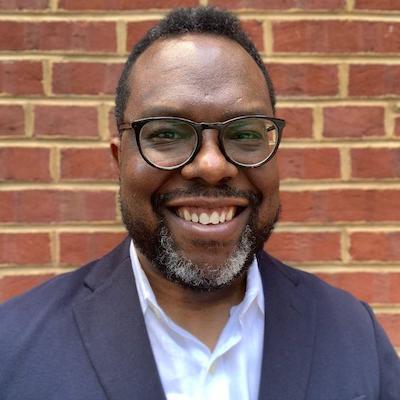
Kristen Muller
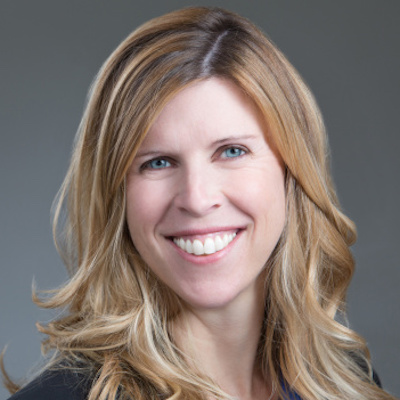
Stephen Fowler

Stefanie Murray

Jesenia De Moya Correa
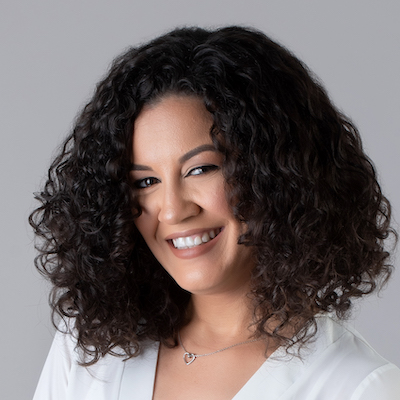
Shalabh Upadhyay
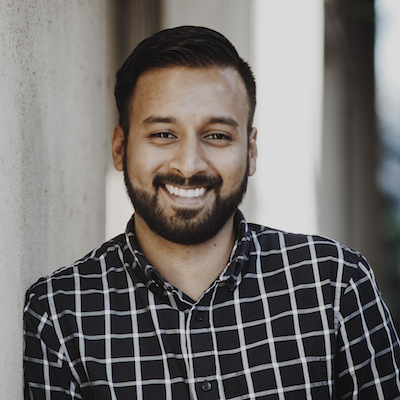
Ståle Grut

Gabe Schneider
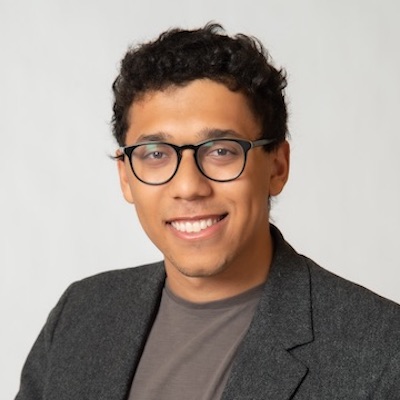
Tamar Charney
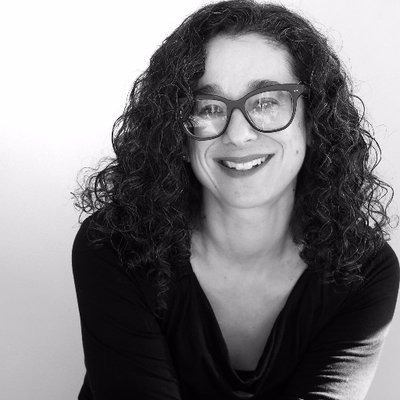
Wilson Liévano
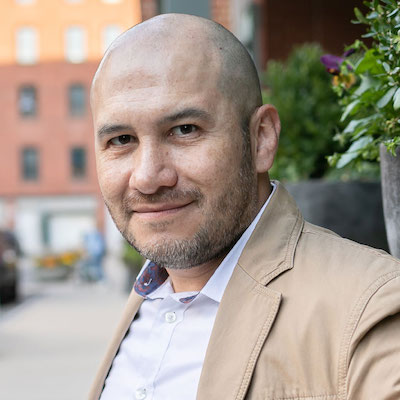
Matthew Pressman

A.J. Bauer
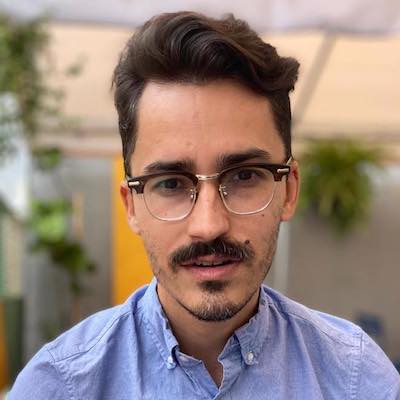
Meena Thiruvengadam
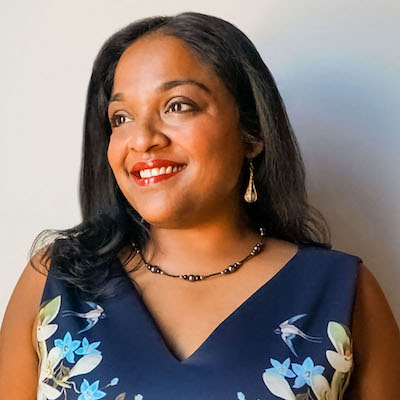
Joshua P. Darr

Jennifer Brandel

Simon Allison

Sam Guzik

Rachel Glickhouse

Zizi Papacharissi
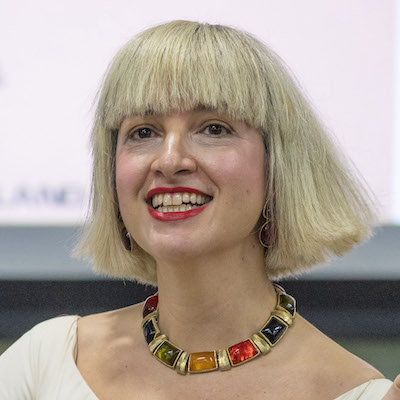
Gordon Crovitz

Jennifer Coogan

Anthony Nadler

David Cohn

Ariel Zirulnick

Matt Karolian

Mike Rispoli
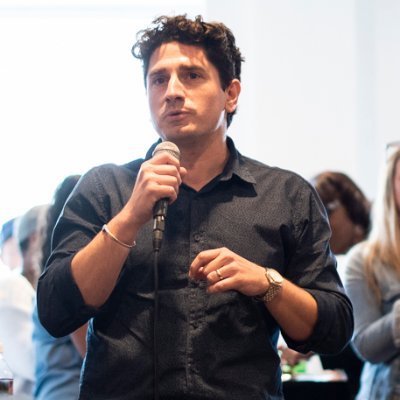
Mary Walter-Brown

Larry Ryckman

Paul Cheung

Kathleen Searles Rebekah Trumble

Izabella Kaminska
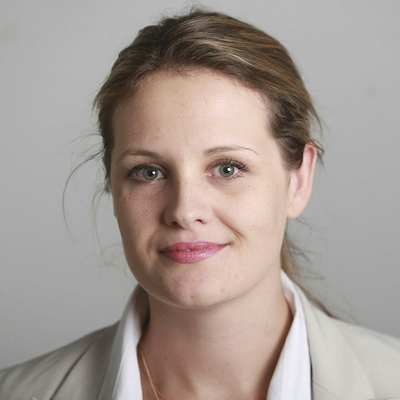
Julia Munslow

Tom Trewinnard

David Skok
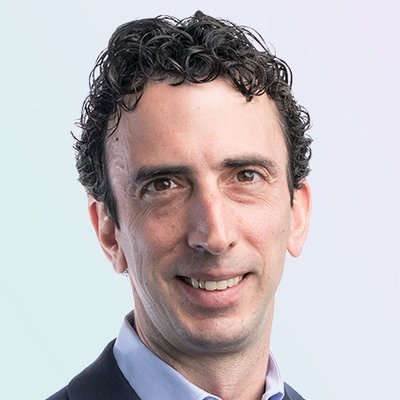
Sarah Stonbely

Melody Kramer

Sarah Marshall

Daniel Eilemberg

Parker Molloy

Whitney Phillips

Mario García
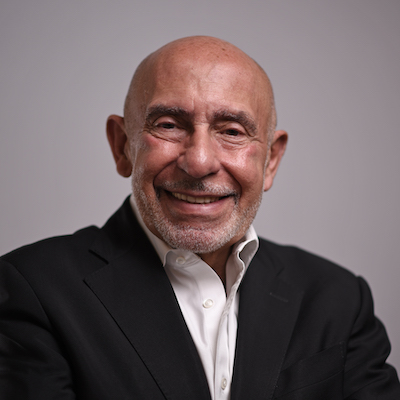
Millie Tran
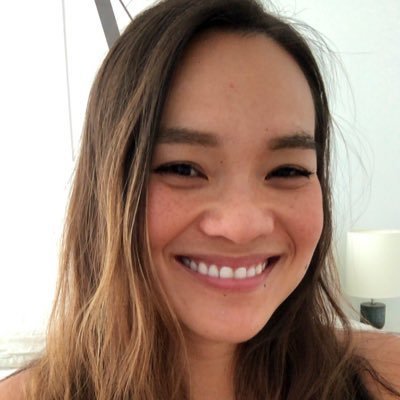
Tony Baranowski

Eric Nuzum

Kendra Pierre-Louis

Jonas Kaiser

Candace Amos
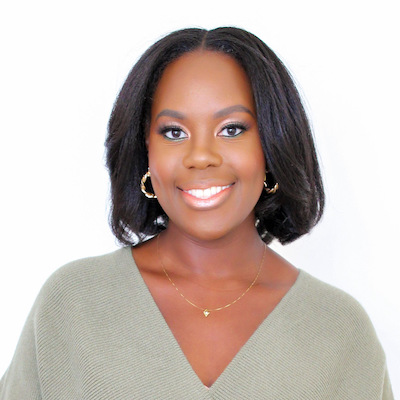
Julia Angwin
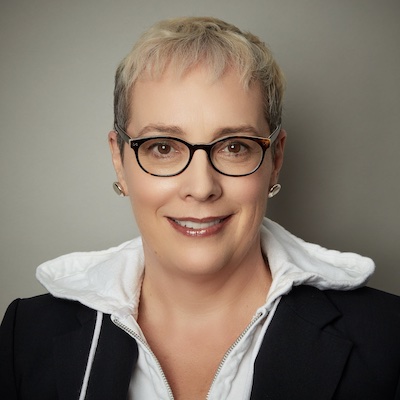
Amara Aguilar

John Davidow

Joni Deutsch

Moreno Cruz Osório

Jesse Holcomb
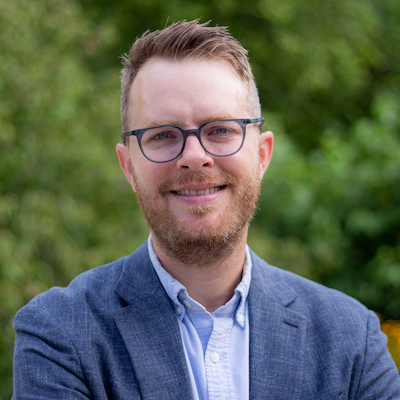
Anita Varma

James Green

Matt DeRienzo

Francesco Zaffarano
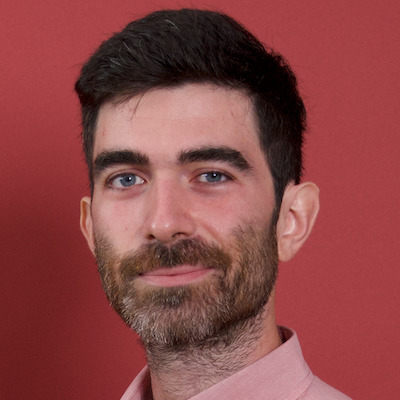
Juleyka Lantigua

Richard Tofel

Janelle Salanga

S. Mitra Kalita
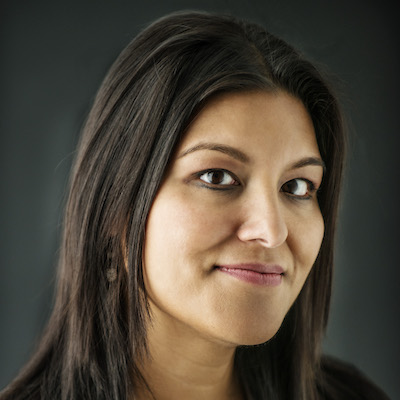
Doris Truong
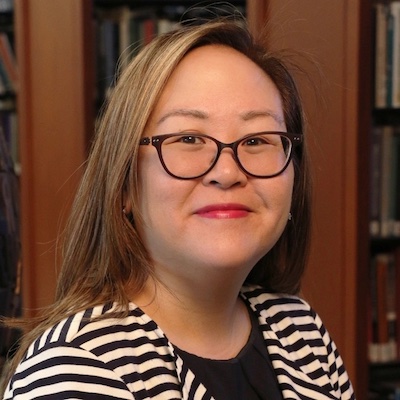
Rasmus Kleis Nielsen

Burt Herman
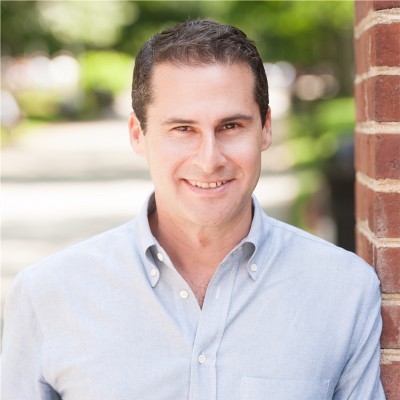
Gonzalo del Peon

Amy Schmitz Weiss
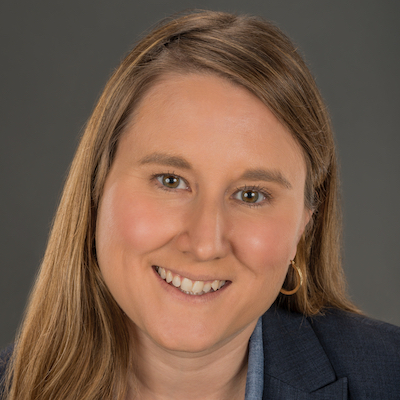
Natalia Viana
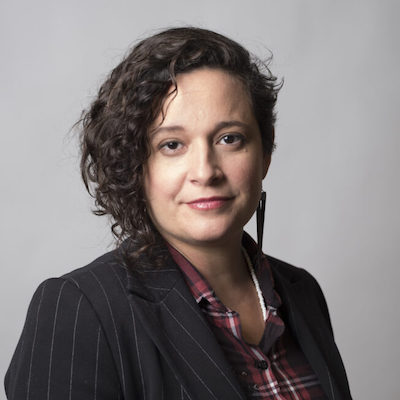
Raney Aronson-Rath

Kristen Jeffers
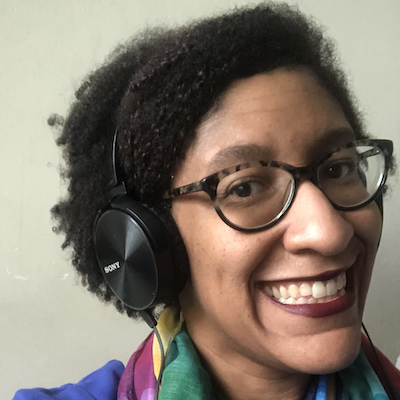
Andrew Freedman

Simon Galperin

Errin Haines

Laxmi Parthasarathy

Shannon McGregor Carolyn Schmitt

Don Day

Robert Hernandez
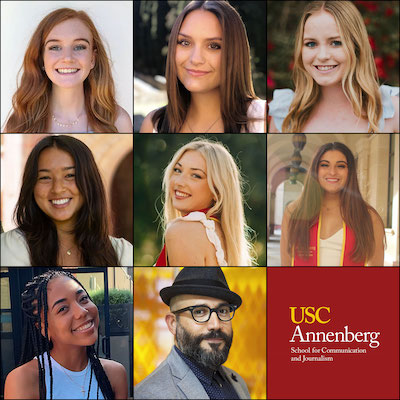
Anika Anand

Nikki Usher

Jessica Clark

Alice Antheaume

Megan McCarthy

Cherian George
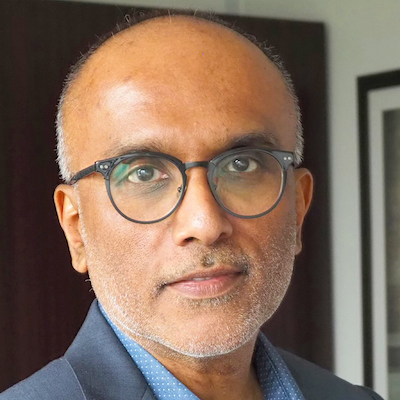
AX Mina

Joanne McNeil

Catalina Albeanu

Chicas Poderosas

Joe Amditis

j. Siguru Wahutu
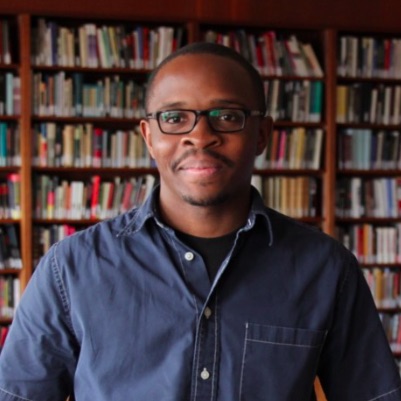
Kerri Hoffman
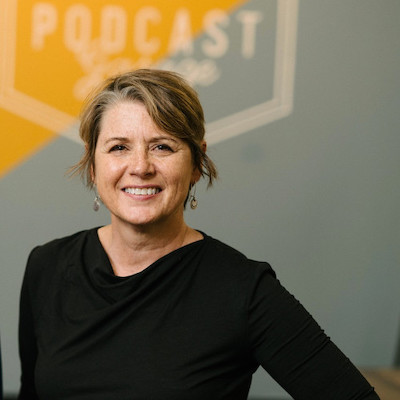
Brian Moritz

Chase Davis

Victor Pickard

Cindy Royal

Cristina Tardáguila
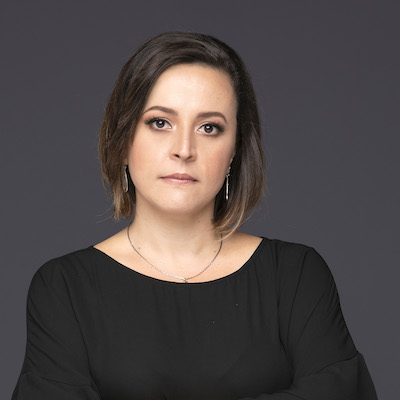
Joy Mayer

Mandy Jenkins

Jim Friedlich

Michael W. Wagner

Christina Shih
